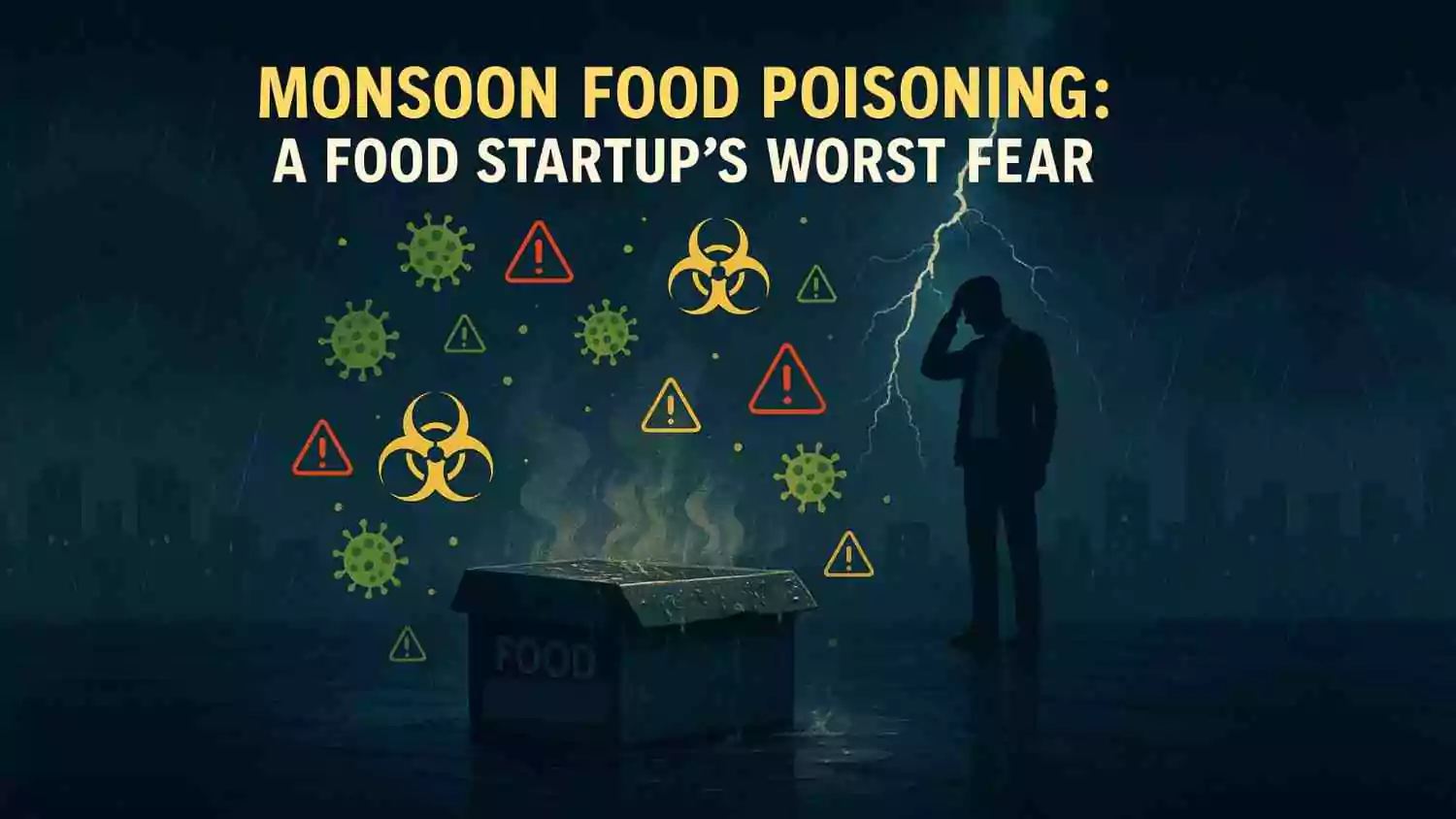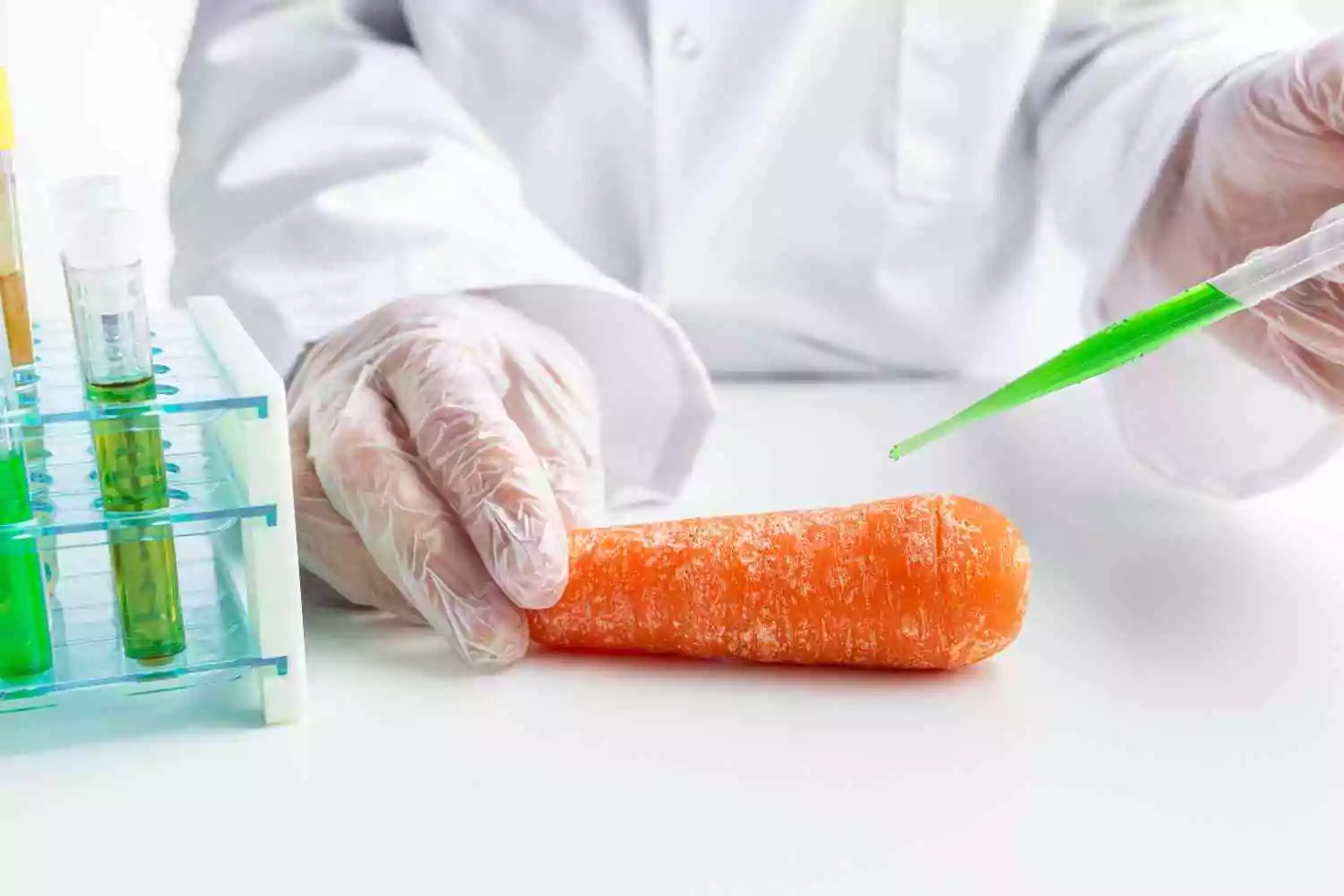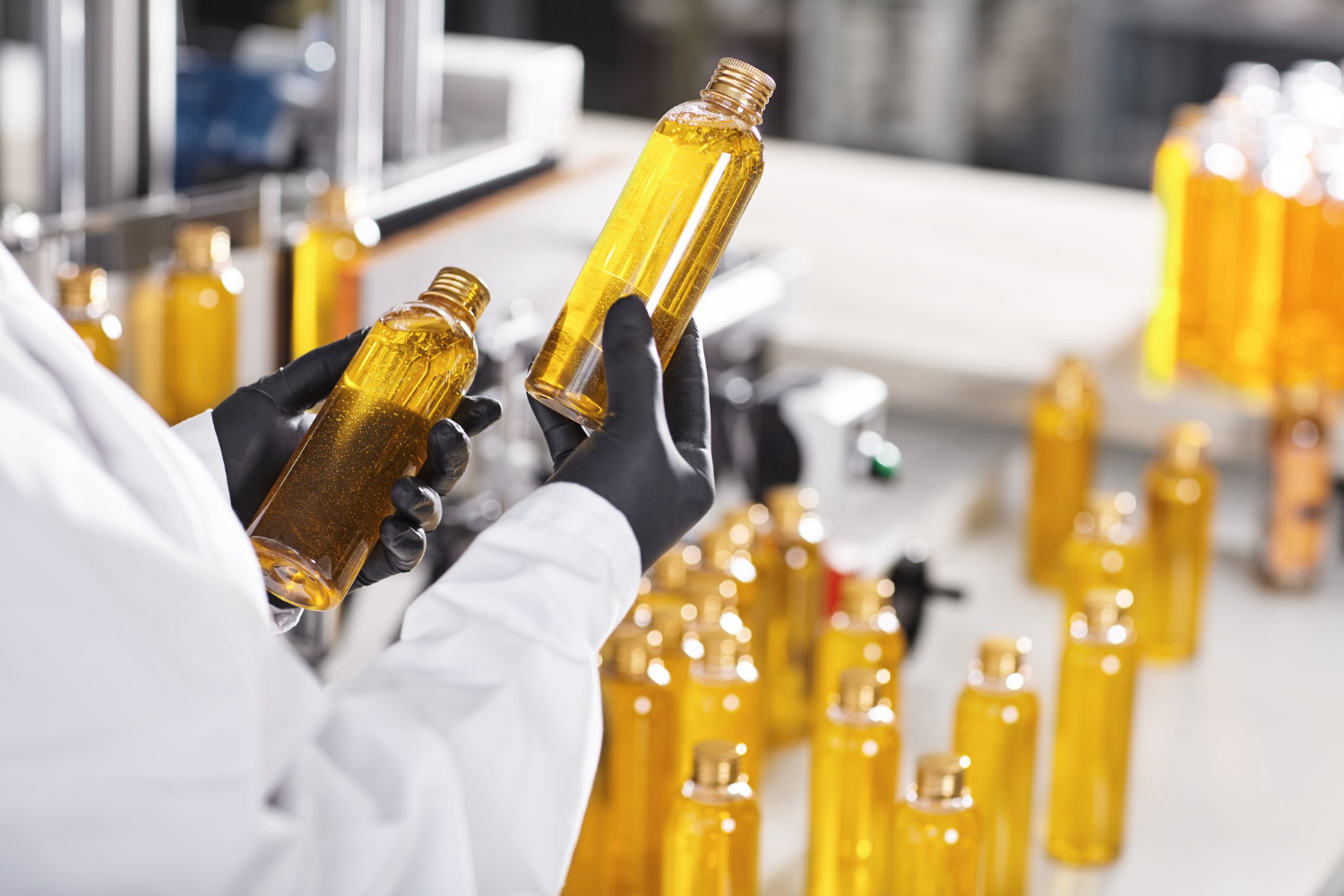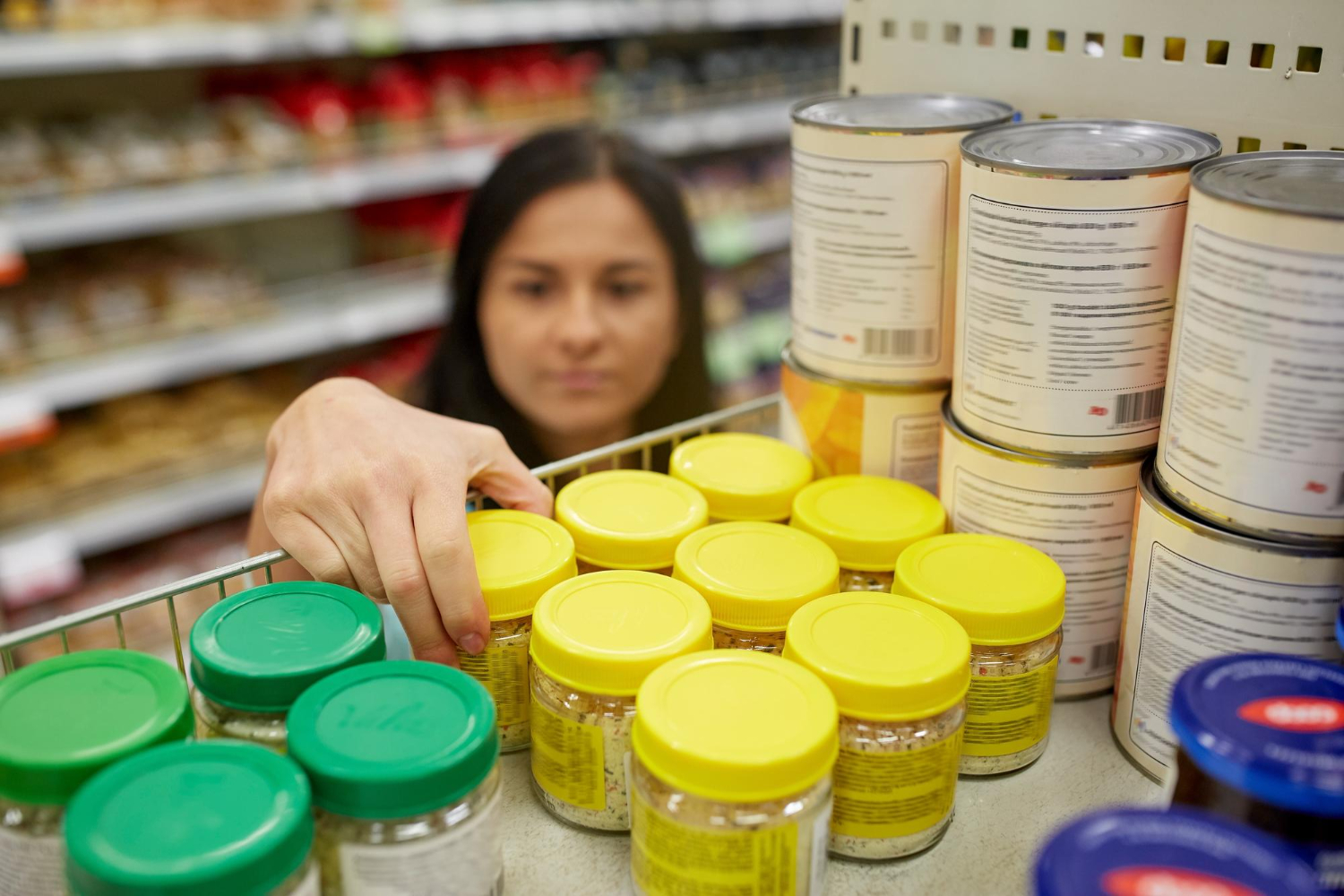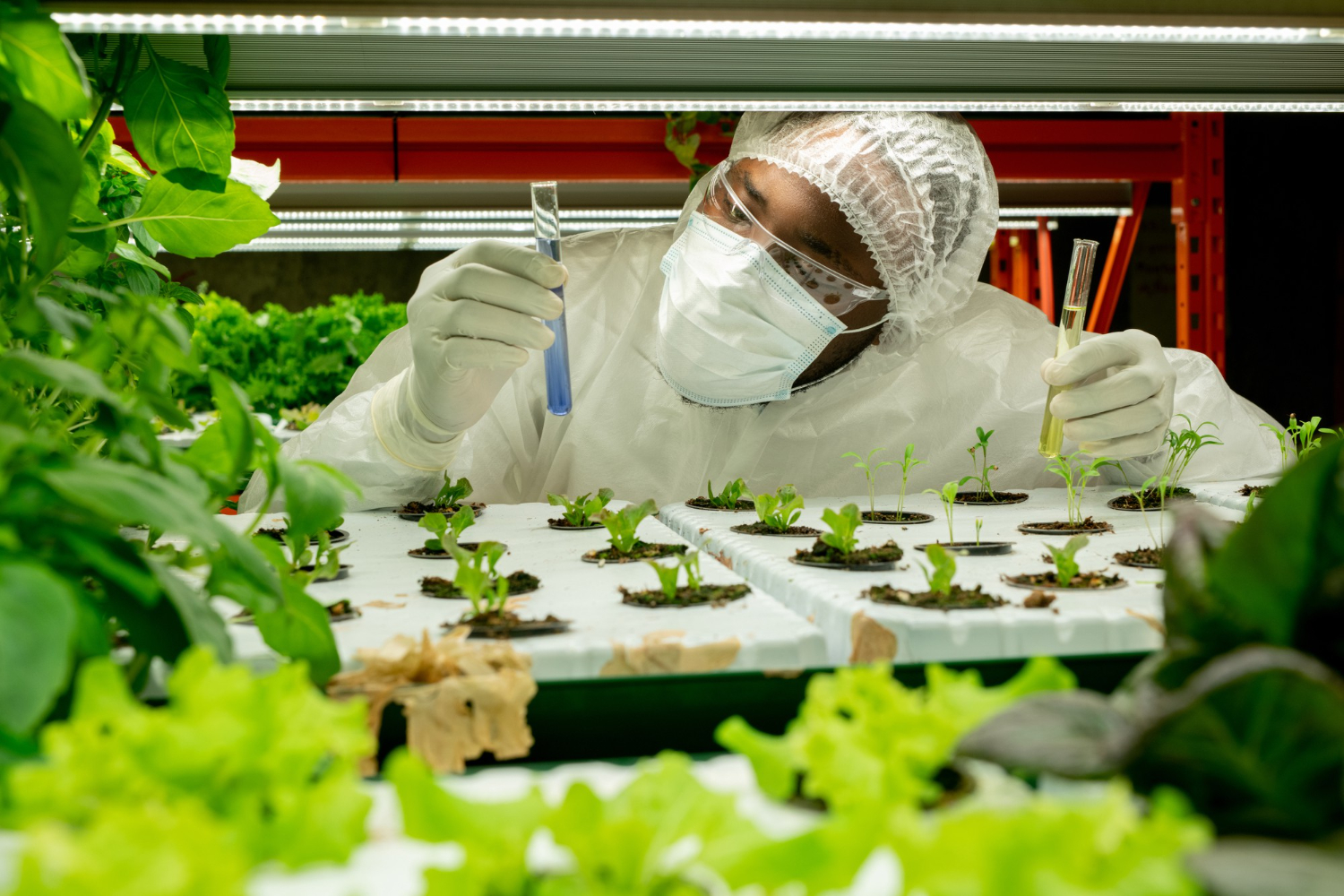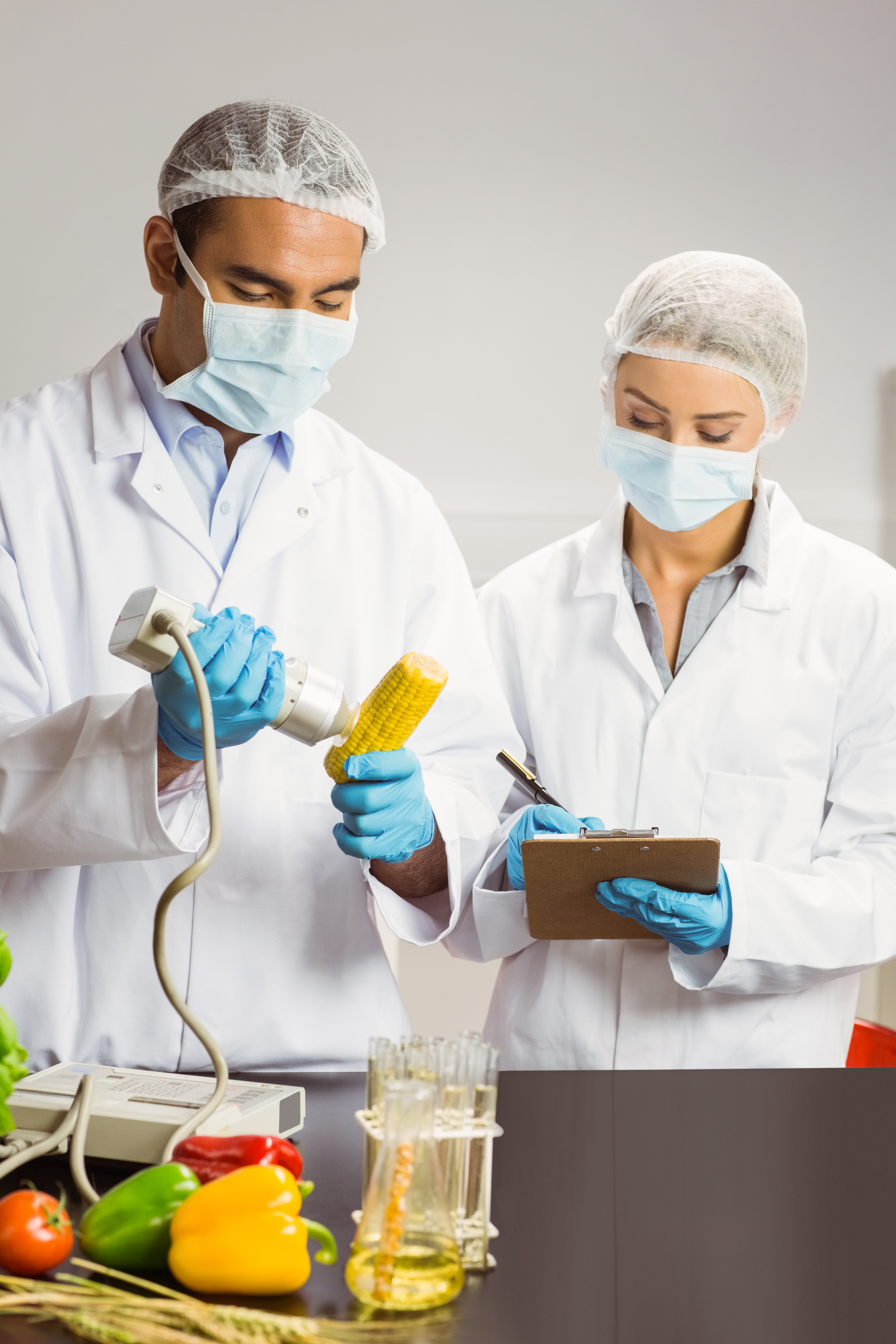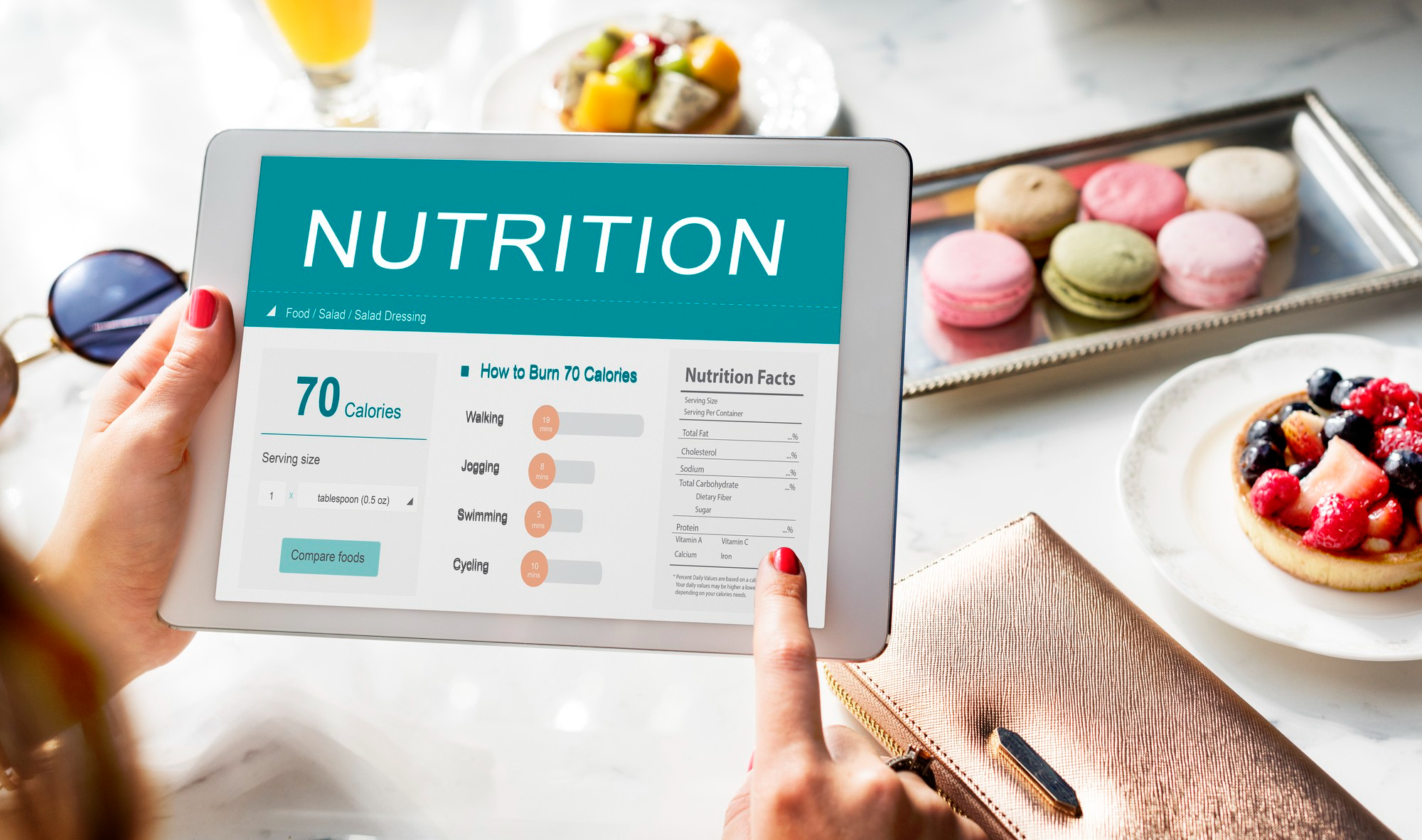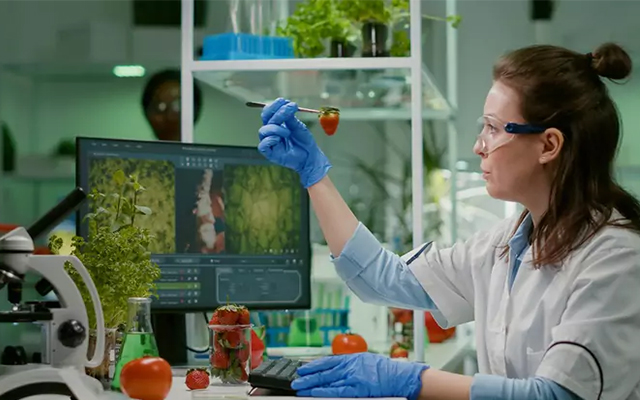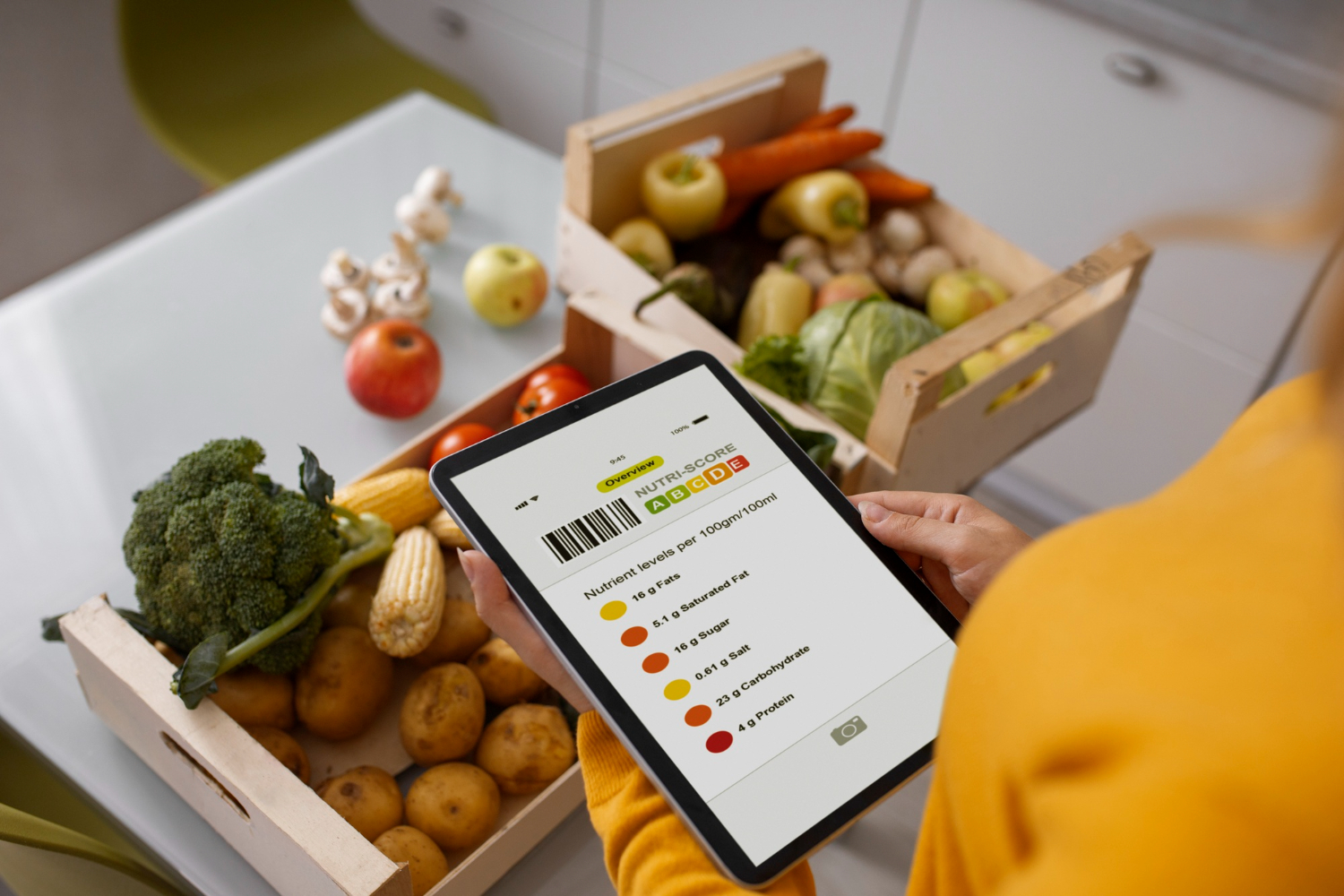What are the Hidden Contaminants in your Nutraceutical Supplements?
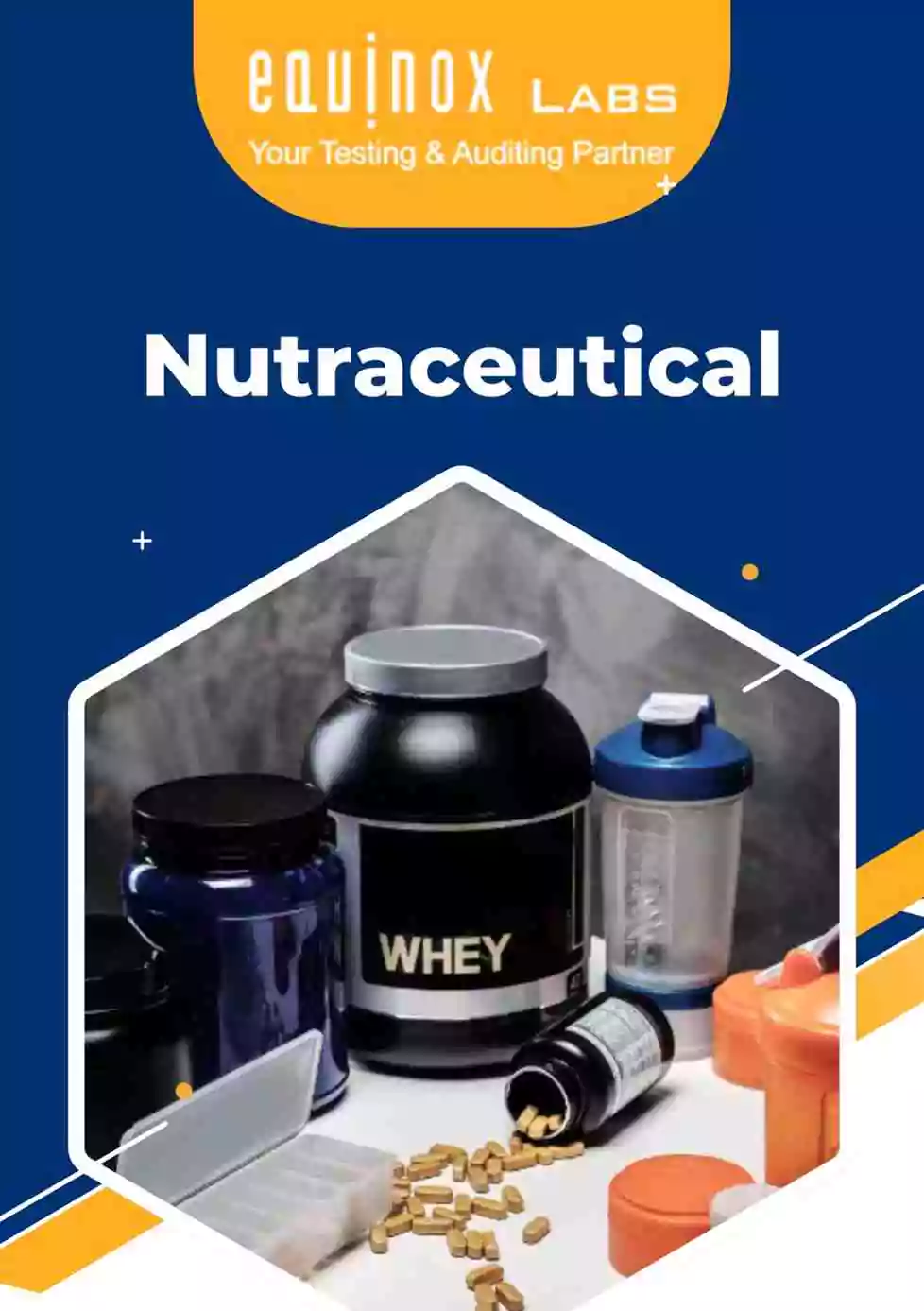
Before You Pop That Pill: A Complete Guide to Supplement Safety in India
A quick guide to choosing safe and tested supplements in India.
Download Free Guide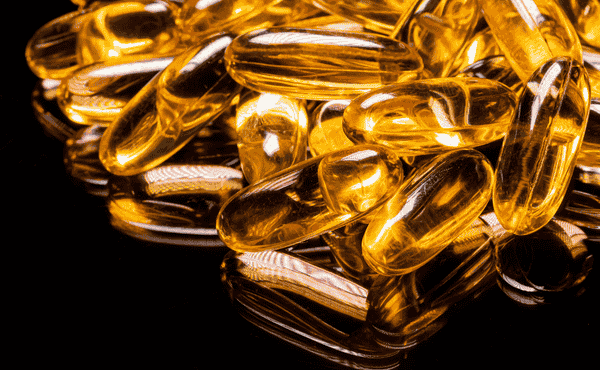
Nutraceutical supplements promise better health, more energy, stronger immunity, glowing skin, and even longevity. But what if the supplement you are popping every morning is doing more harm than good?
Behind the glossy packaging and impressive health claims of nutraceutical products lies a lesser-known truth, many of these supplements may contain hidden contaminants that pose a serious risk to your health.
Let’s uncover what’s really hiding in your health capsules.
The Growing Love for Nutraceuticals
India’s nutraceutical market is booming. According to a report by EY and FICCI, the Indian nutraceutical market is projected to hit $18 billion by 2025. From multivitamins and herbal capsules to protein powders and probiotics, these health-focused products are rapidly filling up retail shelves and e-commerce carts.
While people are embracing supplements for preventive healthcare, the explosive growth also reveals a crucial concern: not all supplements are clean, safe, or regulated adequately. As popularity rises, so does the need for awareness and proper quality checks.
What Are Hidden Contaminants?
lead, mercury, cadmium, arsenic
bacteria, yeast, or mold
from extraction or processinge
especially in herbal
supplements
steroids, prescription drugs, synthetic chemicals
The Ashwagandha Scare
In 2023, a popular Ayurvedic health brand in India came under fire when lab tests revealed high levels of lead in their Ashwagandha supplements. The product, widely sold across India and exported abroad, was marketed as a natural stress reliever.
Consumers reported symptoms like fatigue, joint pain, and abdominal discomfort, which are classic signs of lead poisoning. Investigations showed that poor sourcing of raw herbs and lack of batch testing were to blame.
The brand was forced to recall the product, but the damage was already done. Thousands of unaware consumers had already been exposed.
Heavy Metals in Herbal Supplements
Herbal supplements are particularly prone to contamination. Why? Because plants absorb everything from the soil they grow in, including heavy metals.
A study published in the Journal of Clinical and Diagnostic Research tested 42 Ayurvedic herbal formulations sold in India. Shockingly, over 50% of the samples contained toxic levels of lead and mercury.
Some even exceeded the permissible limits set by FSSAI, raising serious safety concerns for consumers.
The WHO has warned that chronic exposure to heavy metals through herbal products can lead to kidney failure, neurological disorders, and developmental issues in children.
And the problem isn’t limited to Indian brands. Global giants have also faced scrutiny.
Adulteration: The Silent Intruder
Adulteration is when foreign substances are added, either to cut costs, enhance effects, or meet demand.
In 2019, a well-known weight-loss supplement brand was found to contain sibutramine, a banned drug used to suppress appetite. The drug was withdrawn from the market years ago due to heart-related side effects. But it found its way into over-the-counter fat-burner pills that claimed to be all-natural.
This is especially rampant in unregulated or direct-to-consumer brands that operate without mandatory third-party testing or transparent ingredient sourcing.
Bacterial and Fungal Contamination
Nutraceutical supplements, especially those containing plant-based ingredients or dairy derivatives like whey, are prone to microbial contamination.
In one instance, a batch of turmeric capsules tested in a Hyderabad lab was found to be contaminated with Salmonella. A few consumers who took the capsules developed gastrointestinal infections and required hospitalization.
The lesson here? Even natural isn’t always safe.
Nearly 70% of protein products in India fail to meet label claims or safety standards, as per industry reports.
Loopholes in Regulation
Unlike pharmaceuticals, nutraceutical and dietary supplements in India fall under the Food Safety and Standards Authority of India (FSSAI) regulations, not drug laws. This means they do not undergo the same rigorous clinical testing as medicines.
While FSSAI does mandate quality standards, many small manufacturers bypass these by:
- ● Mislabeling ingredients
- ● Not conducting routine batch testing
- ● Using raw materials from unverified suppliers
- ● Skipping third-party lab certification
The result? Consumers are left with little idea of what’s truly inside their capsules.
Example: The Turmeric Paradox
Turmeric is hailed for its anti-inflammatory properties, thanks to curcumin. But curcumin is hard to extract in high purity.
To boost its effectiveness, some manufacturers mix it with synthetic curcumin analogs or colorants like lead chromate to enhance the yellow hue.
These hidden ingredients can lead to toxicity over prolonged use, defeating the very purpose of taking the supplement.
Nutraceutical Supplement Testing
Here’s how you can protect yourself from contamination and adulteration:
🔬 Look for Third-Party Testing
Reputable brands often send their products to independent labs. Certificates of Analysis (COA) should be available on request.
✅ Check for FSSAI Licensing
Always ensure the product has a valid FSSAI license number.
📦 Read Labels Closely
Watch out for vague terms like “proprietary blend” without ingredient breakdowns.
⚠️ Avoid Mega Doses
More isn’t always better. Overdosing can worsen the effects of contaminants.
🛒 Buy from Trusted Sources
Avoid buying from unknown online sellers, especially if prices seem too good to be true.
Health Over Hype
In a world obsessed with shortcuts to wellness, nutraceuticals appear to be the easy fix. But health is never that simple. While many supplements do offer genuine benefits, not all are created equal.
Until stronger regulations, better awareness, and responsible manufacturing become the norm, the responsibility lies partly with us, the consumers.
It’s time we questioned what we’re consuming in the name of health. Read beyond the labels, ask the hard questions, and make informed choices. Because when it comes to your health, ignorance isn’t bliss; it’s a risk.
Trusted Testing Matters
Equinox Labs is a leading name in nutraceutical and supplement testing. Equinox helps brands ensure their products are free from heavy metals, microbes, pesticides, and hidden adulterants.
With advanced testing methods and FSSAI-aligned protocols, Equinox safeguards both consumers and manufacturers, making sure what’s on the label is truly what’s inside.



